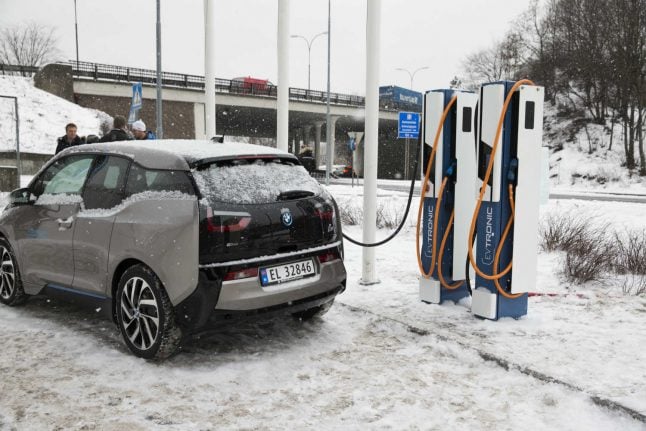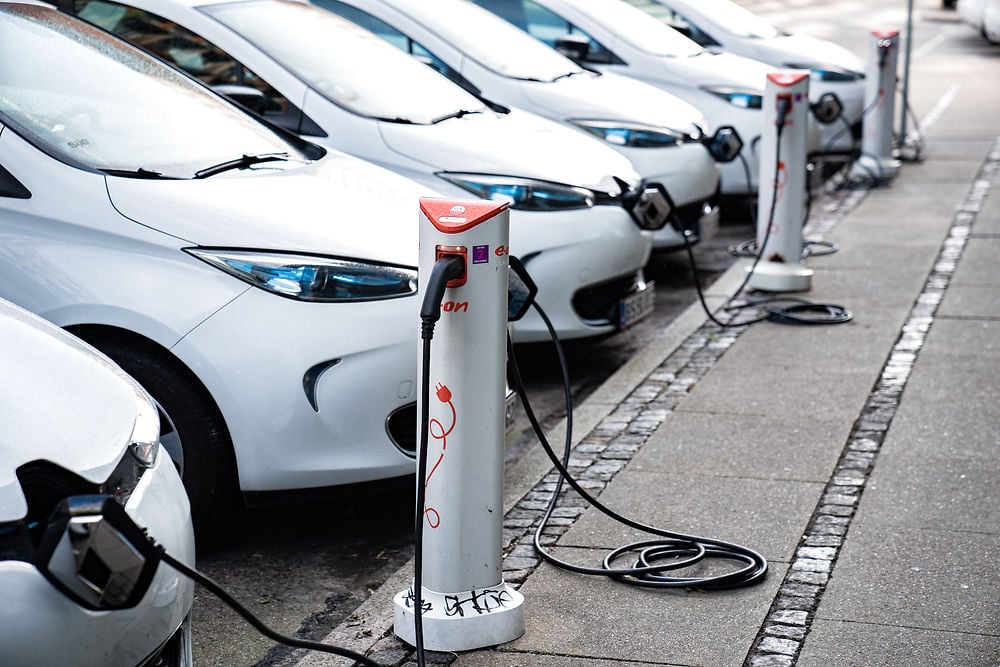Zero-emission, mainly all-electric as well as a few hydrogen-powered cars, accounted for 20.9 percent of total sales in 2017, while hybrid vehicles accounted for 31.3 percent, including 18.4 percent for plug-in hybrids, the Norwegian Road Federation (OFV) calculated.
This represents an increase over the previous year, when zero-emission and hybrid cars accounted for 15.7 percent and 24.5 percent respectively of total sales, making Norway a world leader in electrifying road transport.
Norway, the biggest producer of oil in western Europe, has set itself the ambitious goal of selling only new zero-emission cars starting from 2025.
Unlike diesel or gasoline cars, which are heavily taxed, electric cars benefit from a very generous tax system, making their purchase prices relatively competitive.
Their owners also enjoy many privileges such as free city tolls, ferries, parking and recharging in public car parks, as well as having the right to drive in bus lanes.
Authorities plan to gradually reduce some measures whose benefits and costs are disputed by critics.
Last year, the right-wing government tried to remove one of the tax exemptions on large and luxurious electric sedans in what was dubbed the “Tesla tax”, but was later forced to pull back due to opposition from its centre-right allies.
The Norwegian Electric Vehicle Association welcomed the new statistics while calling for a continued state incentive.
“The goal of 2025 is ambitious,” its secretary general, Christina Bu, told AFP.
“We need to go from 21 percent market share to 100 percent in seven years, which means we still have a way to go even if it's going in the right direction and the increase compared to 2016 is satisfactory,” she added.
While there is a large interest for electric and hybrid cars, proven by long waiting lists for new vehicles, manufacturers have been slow to meet this demand with lengthy delivery times and a lack of models, Bu said.
READ ALSO: Norway puts brakes on plans for 'Tesla tax'



 Please whitelist us to continue reading.
Please whitelist us to continue reading.